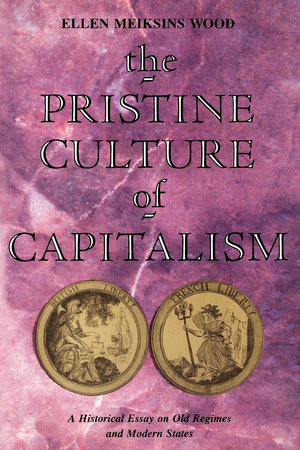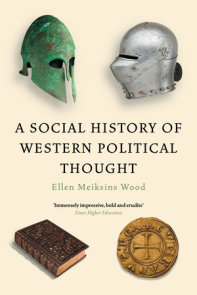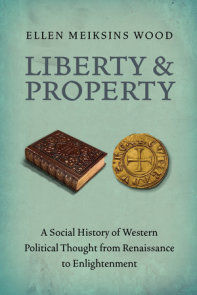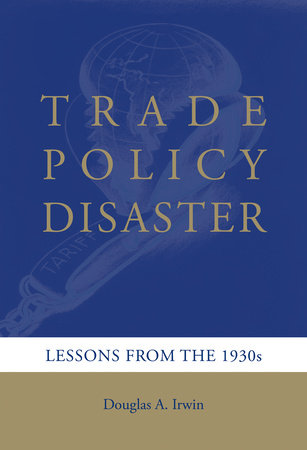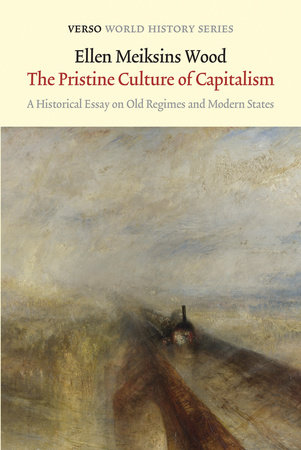

Add to Bookshelf
The Pristine Culture of Capitalism
By Ellen Meiksins Wood
By Ellen Meiksins Wood
By Ellen Meiksins Wood
By Ellen Meiksins Wood
By Ellen Meiksins Wood
By Ellen Meiksins Wood
Best Seller
Part of Verso World History Series
Part of Verso World History Series
Category: Politics | World History | Economics
Category: Politics | World History | Economics
Category: Politics | World History | Economics

Paperback
$26.95
Nov 03, 2015 | ISBN 9781784781033
-
$26.95
Nov 03, 2015 | ISBN 9781784781033
-
$19.95
Dec 17, 1991 | ISBN 9780860915720
-
Nov 03, 2015 | ISBN 9781784781958
YOU MAY ALSO LIKE
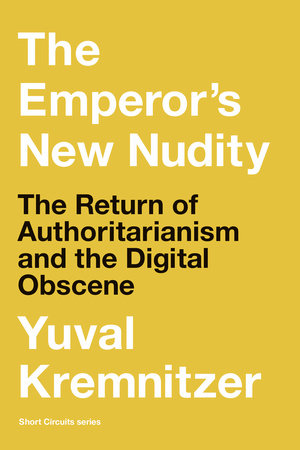
The Emperor’s New Nudity
Trade Paperback Original
$29.95

Airplane Mode
Trade Paperback
$16.95

Beyond the Call of Duty
Trade Paperback Original
$14.99

Project Censored’s State of the Free Press 2025
Trade Paperback Original
$19.95
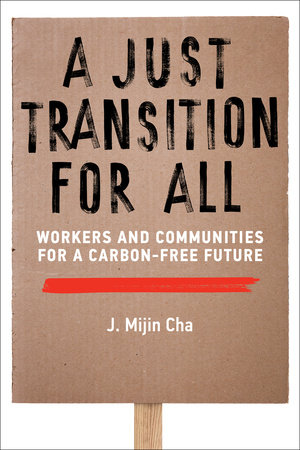
A Just Transition for All
Trade Paperback Original
$35.00

The Empire of Civil Society
Trade Paperback Original
$26.95

The Politics Book
Hardcover
$27.99

Against the Crisis
Trade Paperback Original
$29.95

Who Gets Believed?
Trade Paperback
$17.95
Praise
“A breath of fresh air … This book made me think about, and rethink, seventeenth-century English history more than any I have read in decades … a pleasure to read.”
—Christopher Hill
Looking for More Great Reads?
21 Books You’ve Been Meaning to Read
21 Books You’ve Been Meaning to Read
×
Become a Member
Just for joining you’ll get personalized recommendations on your dashboard daily and features only for members.
Find Out More Join Now Sign In






